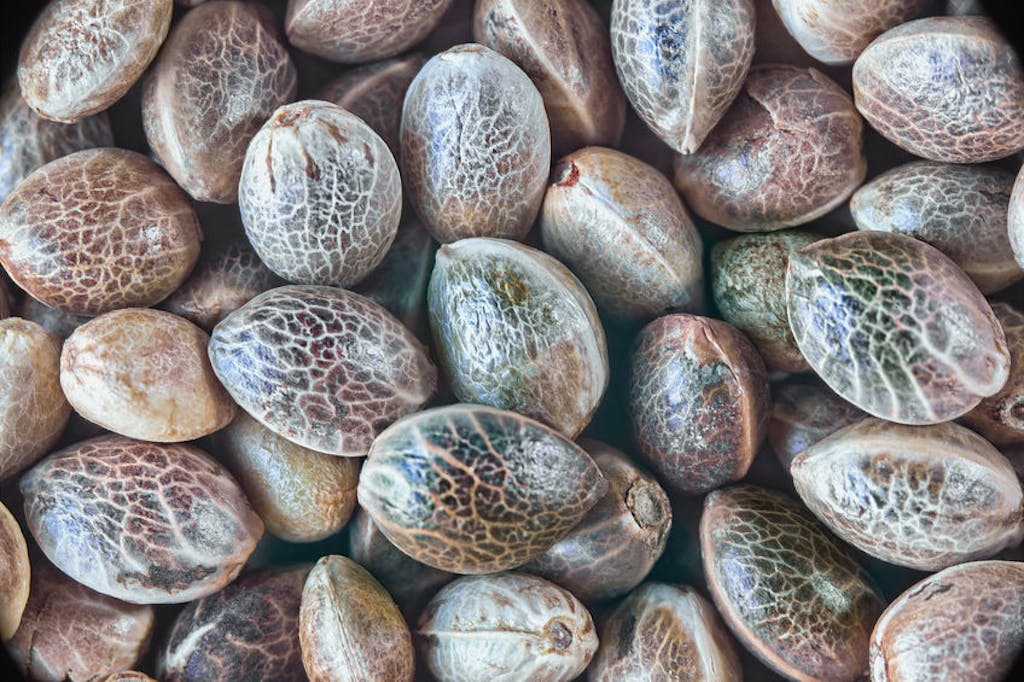In the realm of agriculture, the safety of unique genetic strains is a crucial aspect that guarantees the range and resilience of crops. Hashish, usually referred to as the “eco-friendly gold,” is no exception to this theory. As the hashish field proceeds to burgeon, it will become very important to acknowledge and safeguard the diverse genetic strains that add to the plant’s wealthy tapestry. This write-up delves into the importance of preserving exceptional genetic strains in hashish seeds and the steps expected for their protection.
The Relevance of Genetic Variety:
Genetic diversity is the basis of a sturdy and adaptable plant species. In the circumstance of hashish, genetic variety contributes to the plant’s means to resist pests, health conditions, and environmental stressors. Furthermore, it performs a pivotal part in establishing strains with exceptional cannabinoid and terpene profiles, catering to various shopper tastes and medicinal desires.
Preserving unusual and unique genetic strains ensures the availability of a broad spectrum of traits within just the hashish gene pool. This genetic reservoir is essential for acquiring new varieties that can prosper in different climates, offer you unique therapeutic positive aspects, and deliver a various array of sensory activities for buyers.
Problems to Genetic Diversity:
Inspite of the inherent value of genetic variety, numerous issues threaten the preservation of unique cannabis genetic strains. see it here lies in the lawful and regulatory landscape encompassing cannabis cultivation. Stringent rules and constraints on the cultivation, distribution, and trade of hashish seeds hinder the free flow of genetic product throughout borders.
Additionally, the rise of substantial-scale business cultivation and the dominance of a few popular strains pose a possibility to the proliferation of lesser-known, distinctive genetic versions. Without ample security, these strains may possibly develop into extinct or marginalized, resulting in a reduction of valuable genetic means.
The Function of Mental Home Rights:
Intellectual home rights (IPR) enjoy a important job in safeguarding special genetic strains. By obtaining patents or plant breeders’ rights, breeders and cultivators can guard their creations, incentivizing innovation and financial commitment in the hashish industry. Having said that, the application of IPR in the cannabis sector is intricate, with variants in authorized frameworks throughout various jurisdictions.
Some countries and locations have embraced the defense of cannabis-related intellectual assets, while many others maintain stringent prohibitions. Establishing a standardized and globally recognized framework for the safety of hashish genetic strains can facilitate the growth of a sustainable and ground breaking industry.
Community Engagement and Ethical Criteria:
Preserving one of a kind genetic strains is not only a lawful or regulatory challenge—it also will involve ethical considerations and community engagement. Numerous standard hashish cultivators and indigenous communities have been the stewards of one of a kind genetic strains for generations. Recognizing and respecting their contributions to the cannabis gene pool is essential for sustainable and equitable improvement.
Encouraging truthful trade techniques, respecting traditional awareness, and involving area communities in conservation initiatives are critical measures in making sure the ethical preservation of cannabis genetic diversity. Collaborative initiatives involving business stakeholders, researchers, and nearby communities can foster a more inclusive and responsible technique to genetic pressure safety.
The Part of Seed Financial institutions:
Seed banks engage in a pivotal purpose in the conservation and distribution of hashish genetic substance. These repositories keep a diverse array of seeds, performing as a safeguard in opposition to loss owing to purely natural disasters, conflicts, or regulatory modifications. Seed banks also provide as worthwhile methods for breeders and scientists in search of to create new and resilient cannabis kinds.
Public and non-public seed banks, performing in conjunction with worldwide companies, can lead to the world-wide hard work of preserving one of a kind genetic strains. Collaboration and facts-sharing between seed financial institutions can assist develop a thorough database of cannabis genetic variety, ensuring its accessibility for long run generations.
Conclusion:
The defense of unique genetic strains in hashish seeds is not just a matter of preserving biodiversity—it is a safeguard for the future of the hashish field and its probable contributions to medication, agriculture, and client perfectly-getting. Balancing lawful frameworks, ethical issues, and neighborhood engagement is vital for generating a sustainable and inclusive strategy to genetic pressure security.
As the cannabis landscape proceeds to evolve, it is our collective responsibility to cultivate a acutely aware and ahead-contemplating industry—one that values the richness of genetic diversity and makes certain the longevity of the green gold.
Shopping Cart
